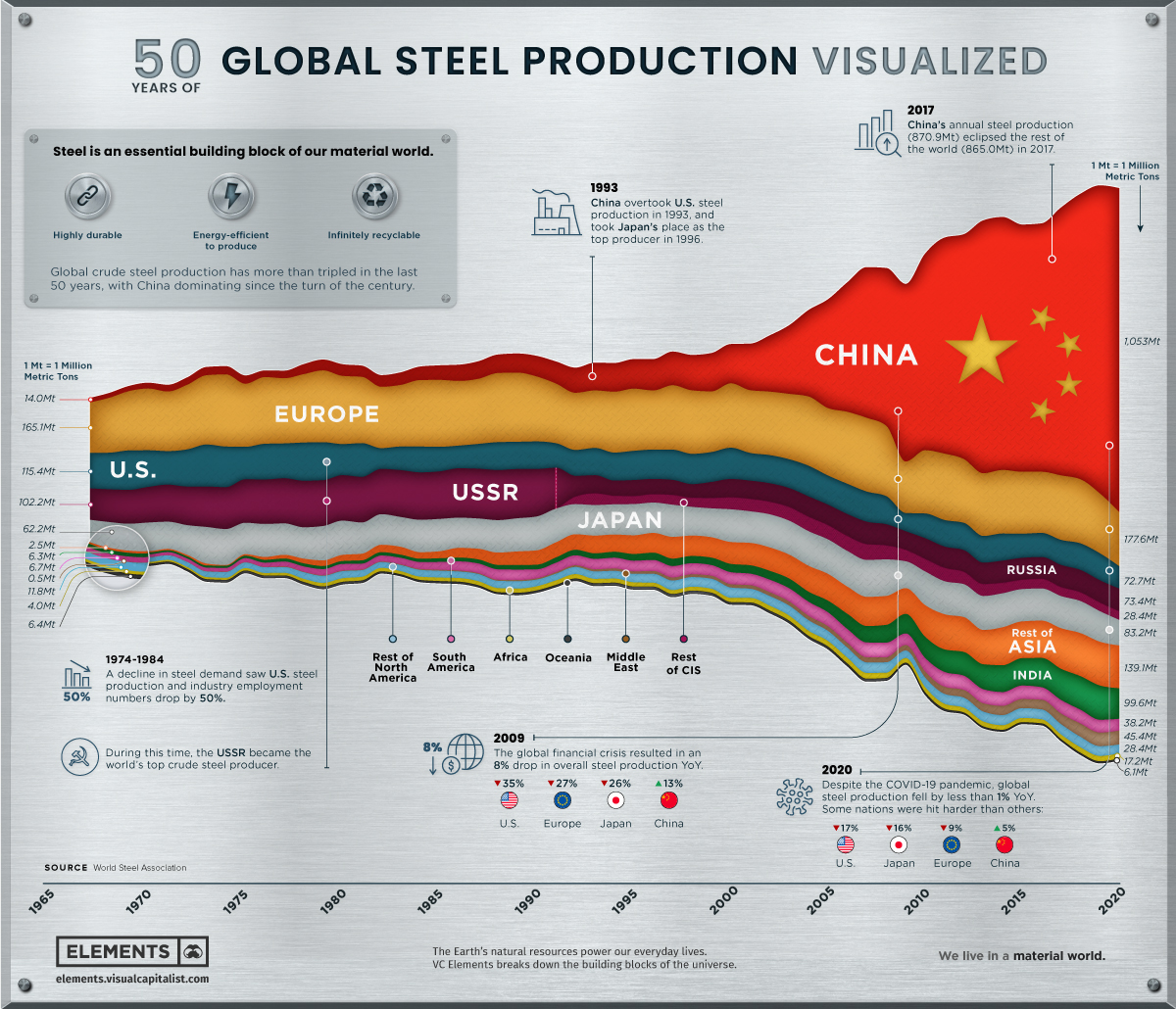I read this as people in the 80s i think it was, saying the internet was a fad and that businesses would never need more than a fax machine.
Pure, unadulterated Copium.
AI is coming. It's not there yet. Not as close at chatGPT has people thinking (it's just a "Chinese Room," and doesn't understand what it's saying)...but it's going to get here, and it will change the world. We will have a lot to adapt to.
Well, that's the question isn't it: how much more productivity does the office produce with more than a fax machine? Computers are everywhere, but how much productivity is actually there? I work in an office job. Most of what we do was perfectly doable in the 1990s: hell, microsoft excel came out in 1987. Email is roughly 1993. If we had to run the office on 1990s technology, we wouldn't really lose all that much actually. The excel spreadsheets and emails would be less pretty, and floppy disk back ups would take more space, but we already have mass paper back ups too.
Maybe we would do less data entry and have smaller reports, but even there its not certain how much is actually lost, because a lot of the work we do do is extremely marginal anyways: maybe the tech lets us do 50% more with the same number as it would have taken in the 90s, but that extra 50% is also extremely marginal. For example, tracking down a $10 dollar imbalance can take quite a while. We can look that all up with computers to track it down. Or, in a 90s circumstance where we go through and things are off by $10 at the end of the month, we put that into a "petty expense" account, of money too trivial to hunt down. That inefficiency costs, well, lets round up to $200 dollars a year of book error. Out of a 1-5 million dollar account. Computers thus allow a . . . 0.02% efficiency gain.
I've worked in an office that still ran everything out of a mainframe, with green text and no mouse functionality, and one that operated out of a new modern cloud system, and I have a good sense which was more efficient: the on site mainframe. Yes, you needed a manual to do anything in it, but as an employee your getting the same 5-20 reports per week/month anyways, so you only need a small sheet till you eventually learn everything, but its bare bones and ran fast and consistently. Meanwhile, the cloud fails if everyone in the office needs it at the same time, overwhelming the internet access (they did eventually expand internet service), large reports could still be quite slow even when you weren't trying to use it during a busy time. Data entry seemed roughly equivalent between the two, except of course the cloud one often took longer to upload to.
So, the last 30 years of computer tech has made my office. . . some tiny bit more efficient? Once you already have excel, email, photocopyier, and a fax machine, how much growth do you actually have? And administation has generally been roughly 10% of company expense in the light manufacturing/transport companies I worked for, and roughly in line with historical averages. Lets say you had a 10% profit margin company: thus, for every $1 million in revenue, you have $900k in expense. 10% Administrative cost would thus be $90k per million. Say computers made the office 30% more efficient. Now Administrative costs are $63k per million. Or, roughly, you have 2 clerks per $1 million instead of 3. Your companies profit margin is now . . . 12.7%.
Unless your material costs go up: lets assume 1/3 of costs is raw material, say steel.
Steel per ton seems to have regular $100 a ton price swings. Starting from say $1,400 a ton, $1 million of income takes 214 tons of steel, costing $300k. Steel prices rise to $1,500 a ton. Now, 214 tons of steel cost 321k. Profit margin falls down to 10.6%. The computers did preserve a bit more profitability, but not dramatically so. A 7% change in material cost almost totally cancels it out.
Computers here thus don't generate much improvement in productivity. If they dramatically improved steel productivity, that would be something, but we don't see that either. Growth in steel production seems almost totally a consequence of china, which I don't think is a computer phenomenon.
Steel costs likewise don't seem to have seen much decline either. The degree of steel production expansion and any realized cost reductions seem mostly driven by more resources (adding a billion chinese workers) rather than dramatic efficiency gains. More capital and labor, not a computer driven more efficient application of capital and labor.

